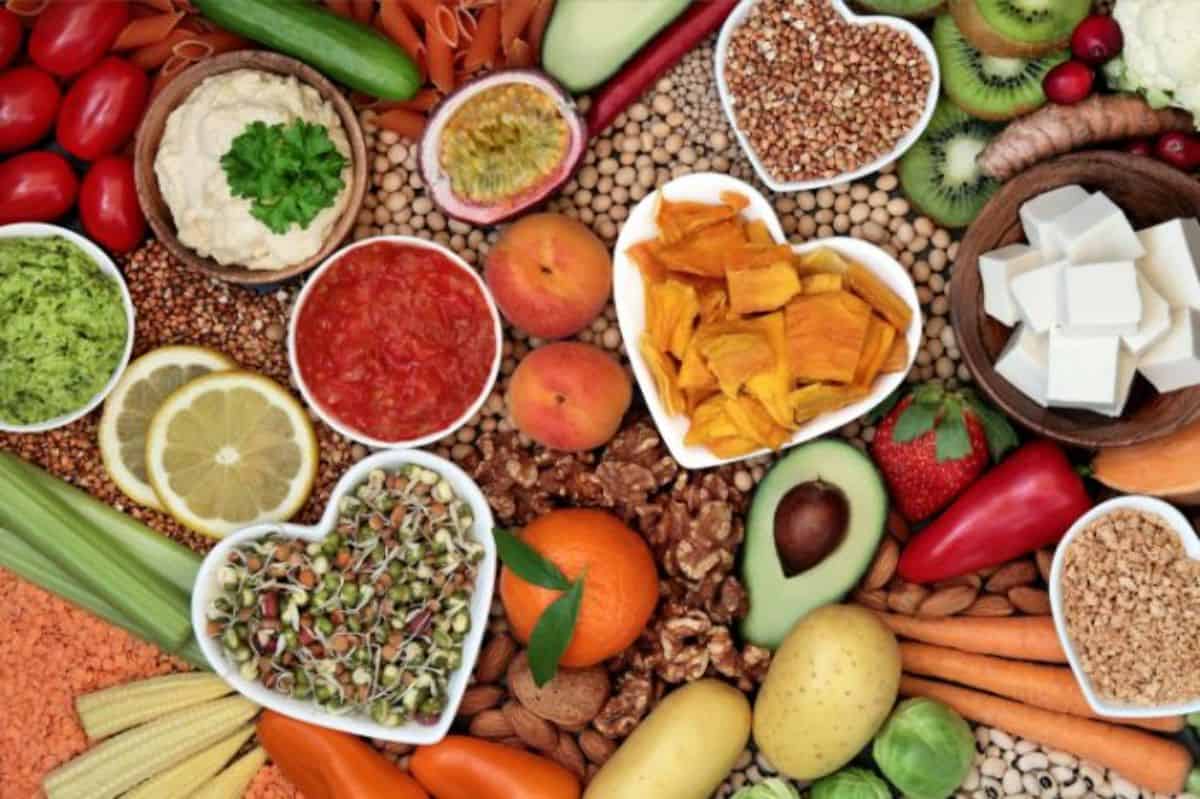Essential Nutrients for Senior Brain Health and Memory
April 24, 2021
There’s truth to the adage that you are what you eat, especially when it comes to brain health. Eating certain vitamin- and nutrient-rich foods can play a role in cognitive function and protect your brain from the natural impacts of aging.
Keep reading to learn how to keep your brain healthy and understand which are the best brain foods for senior memory and concentration.
Vitamins and nutrients play varying roles in your cognitive and mental functions, including your memory and emotions. In general, many of the same foods that influence heart and blood vessel health also help your brain, according to research conducted at Harvard Medical School.
What nutrients are important for brain health function?
Numerous studies have shown that omega-3 fatty acids may play an important role in brain function. This may be in part because, according to the report by Harvard Medical School, omega-3 fatty acids are linked to lower levels of beta-amyloid, which is a clump-forming protein that affects the brain in Alzheimer’s patients. Omega-3s also have a role in building and repairing cells, including those in the brain.
You can find omega-3 fatty acids in fish and other seafood, plant oils (like canola oil or soybean oil), and nuts and seeds (walnuts and flaxseed). Many foods are also fortified with omega-3 fatty acids, and there are numerous options for omega-3 dietary supplements. However, too much omega-3 can be risky if you take certain medications, like the blood thinner warfarin, so be sure to talk with your doctor about how much you need.
Other key nutrients that are important for brain health function include curcumin, choline, calcium, zinc, selenium, copper, and iron.
What vitamins are good for brain health?
Numerous vitamins are good for memory and concentration, including vitamins B, D, and E. In addition, a study in the Journal of Nutrition, Health & Aging found that a combination of vitamins C, E, and carotene may delay cognitive decline.
Vitamin B can be found naturally in many foods, including meat, seafood, poultry, dairy, eggs, leafy greens, and legumes. You can find vitamin D in fatty fish, mushrooms, milk, and eggs, as well as some fortified products, like milk alternatives and cereals. Plant-based foods are the best source of vitamin E. The vitamin E content of plant-based oils, seeds, nuts and nut products (including peanut butter), beet and collard greens, avocados, and asparagus make all these foods good choices when you’re learning how to eat to keep your brain healthy. Whole grains like brown rice, oatmeal, and whole-grain bread or pasta are also good sources of vitamin E.
Citrus fruits are among the most common sources of vitamin C, but you can also find it in strawberries and vegetables like broccoli and brussels sprouts, as well as potatoes. You’ll find carotene in many orange fruits and veggies, like cantaloupe, apricots, sweet potatoes, carrots, and butternut squash.
What vegetables are good for brain health?
Beyond the plant oils that are a good source of omega-3 fatty acids, other vegetables can give your brain a boost. You might be surprised to learn parsley is an extremely good source of flavonol, a type of flavonoid. That’s a good reason to think of it less as a garnish and more as an ingredient!
In fact, most green, leafy vegetables are good for brain health. Some, like kale, are a good source of flavonoids. Broccoli and spinach are filled with beta carotene, folate, lutein, and vitamin K, all of which research supports as vitamins and nutrients that are good for memory and concentration.
What fruits are good for brain health?
You’ll find berries on nearly every list of the best brain foods for senior memory. That’s because they contain flavonoids. Flavonoids are responsible for berries’ vivid colors, but they also appear to have an impact on cognitive function, as multiple studies have shown a connection between flavonoid consumption and a delay in cognitive decline.
Blackberries, blueberries, and raspberries are all rich in flavonoids, as are certain other fruits, like cherries and citrus. Other good sources of flavonoids include cocoa, dark chocolate, wine (especially red), and tea (green, oolong, and black).
Dining with Purpose
Dining options that promote healthy living for seniors are a priority at The Oaks at Denville. A highlight of our newly completed renovations is the spectacular chef’s table, where you can watch Chef Joe in action preparing nutritious, delicious foods using seasonal ingredients and incorporating a wide range of cultural influences. Make plans to visit the community, take a tour, and enjoy a meal on us.




